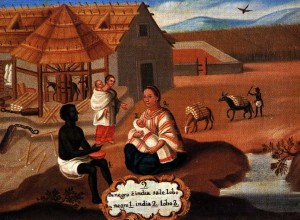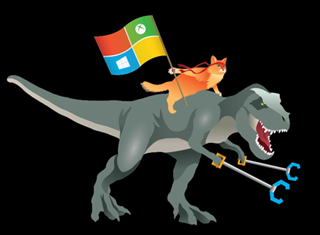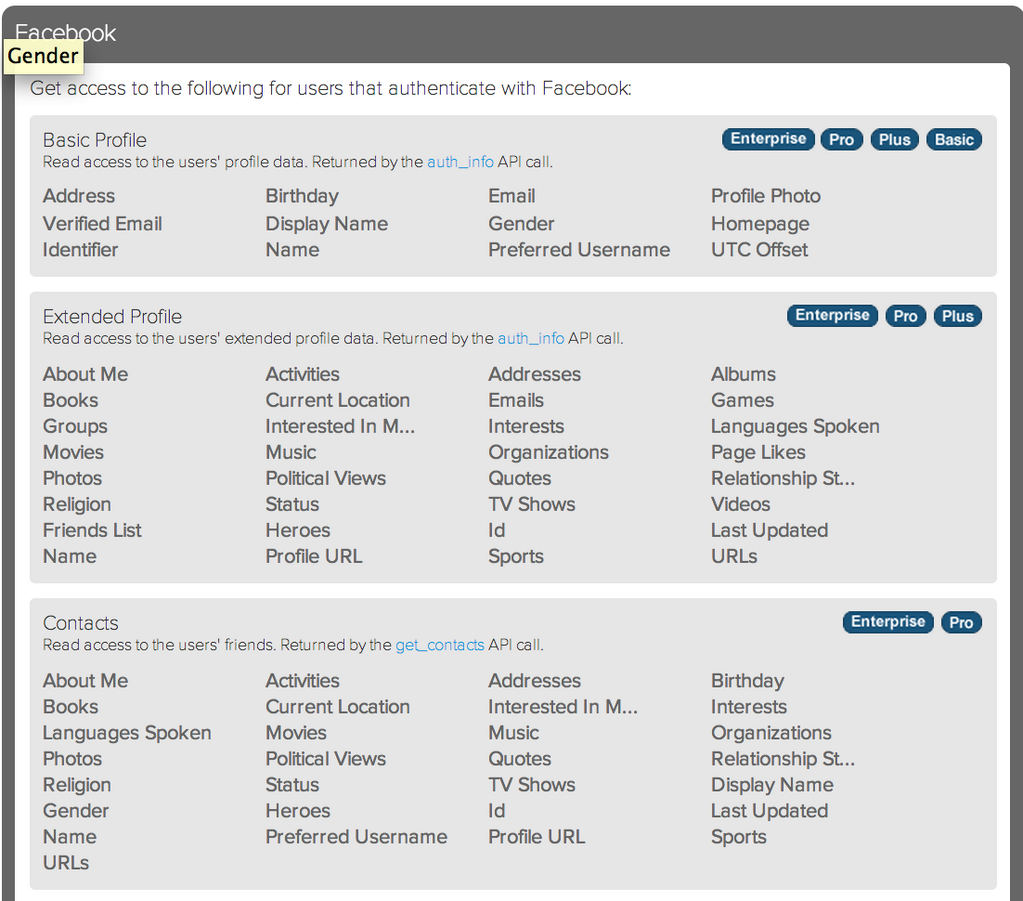Subtitled “the invention of the American meal,” Three Squares is an engaging and eye-opening look at the economic and cultural forces that have shaped the country’s shifting formats of consumption over time — and, in turn, the changing meanings and value judgments that Americans have attached to those eating patterns.
The Meaning of Meals.
As a child of two countries, I can attest to the differences in food culture even when both of those countries are neighbors, but derive from completely different source cultures.
In Mexico, born of Spain and the old Mexica empire it, the food schedule is something like this:
- Breakfast varies by family and, when heading out on your own as an adult, by person. Some eat heavy breakfasts, others keep it extremely light.
- Lunch again varies by family and individual, mostly depending on work/school schedules. Usually kept to a single protein-based entree.
- Dinner is in the late afternoon. It’s the one time the whole family sits down and interacts, usually over two or three courses (soup, entree, dessert).
- Supper (usually known as the cena is usually kept light, owing to the fact it is usually eaten one or two hours before bedtime. Usually sweet bread and milk.
In my experience in both countries, it has been lunch that has been influenced the most by Mexico’s imitation of the cultural mores of the United States. For children and teenagers, lunch is usually had during recess at school. For adults, it varies wildly depending on the job and the availability for time, like breakfast.
Now, in the US, it usually goes like this:
- Breakfast is usually two courses (fruit, protein) accompanied by juice and/or coffee.
- Lunch again varies by family and individual depending on school/work schedules Schools try to have two courses on a single tray, while most adults go for a single entree.
- Dinner is late in the evening, with three courses always called for (soup or salad, entree, dessert).
- Supper is mostly a snack.
Mind you, these is what I remember from my own family experience. Being of Mexican origin, my elders tried to keep the schedule mostly the same but things had to change by necessity and adaptation of the social mores of our new adopted home.


